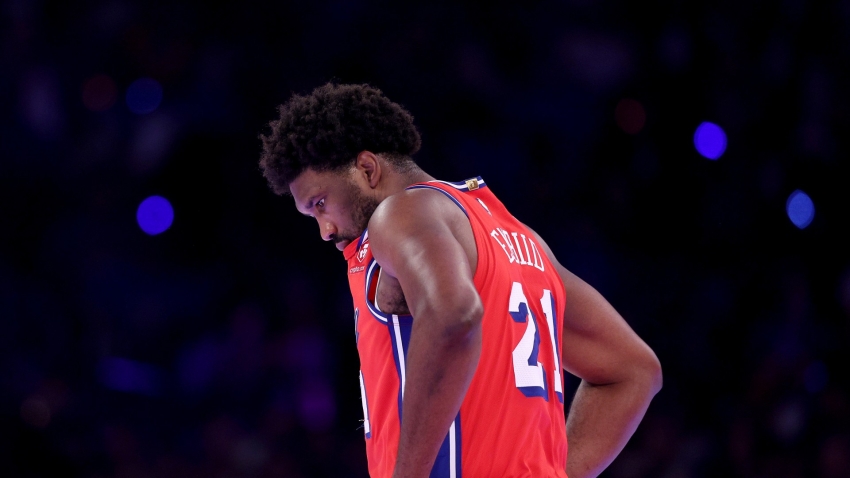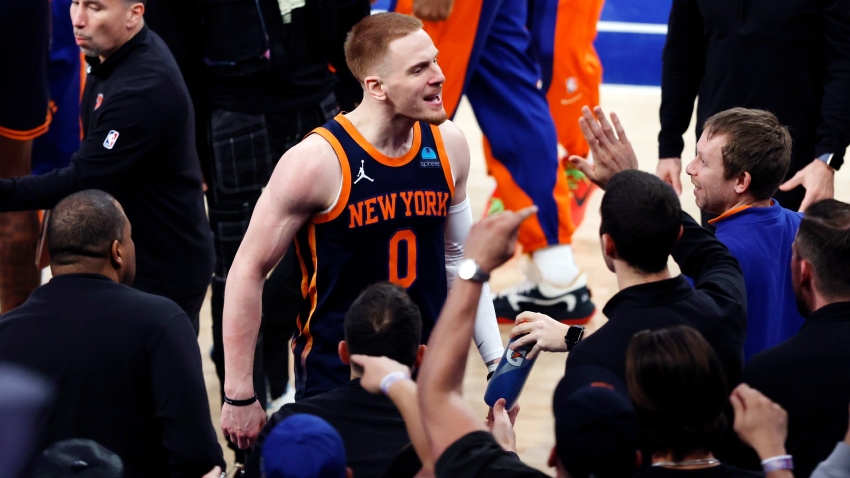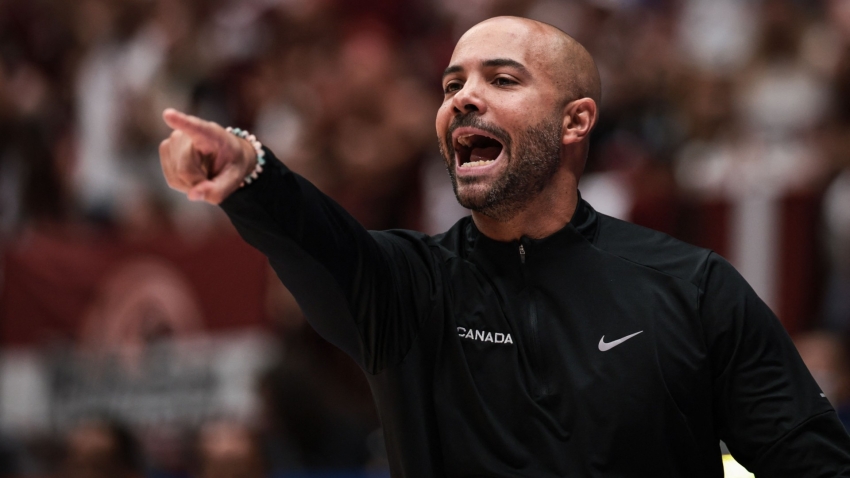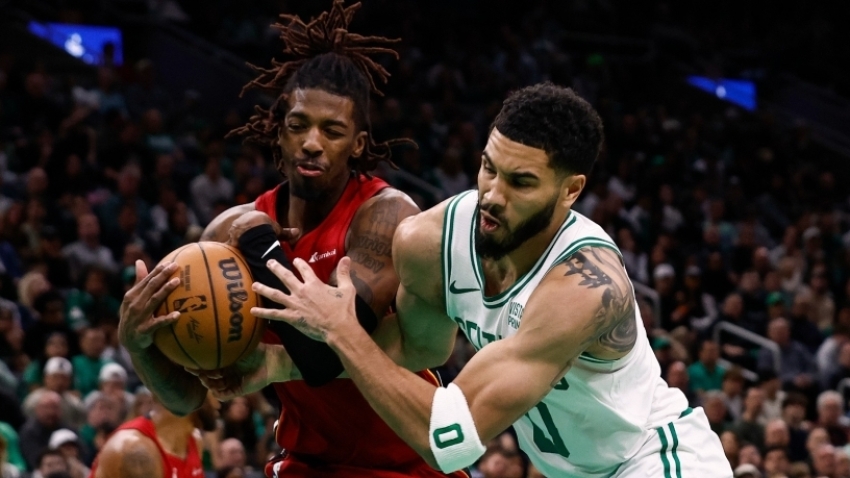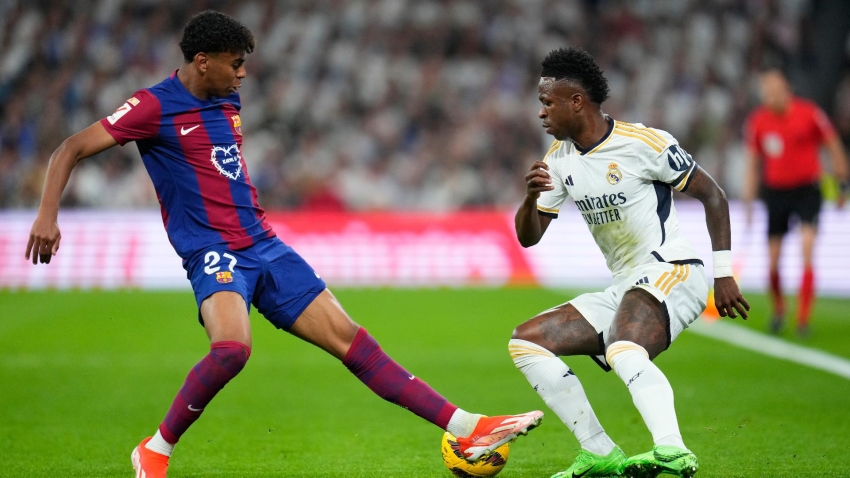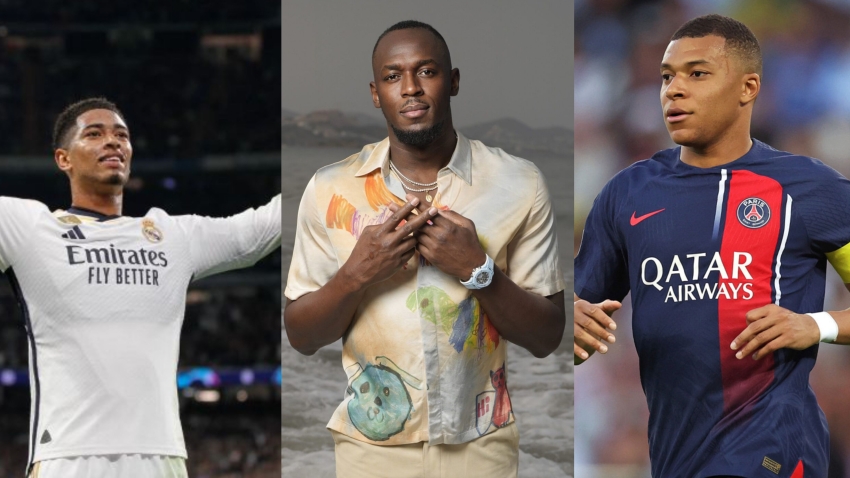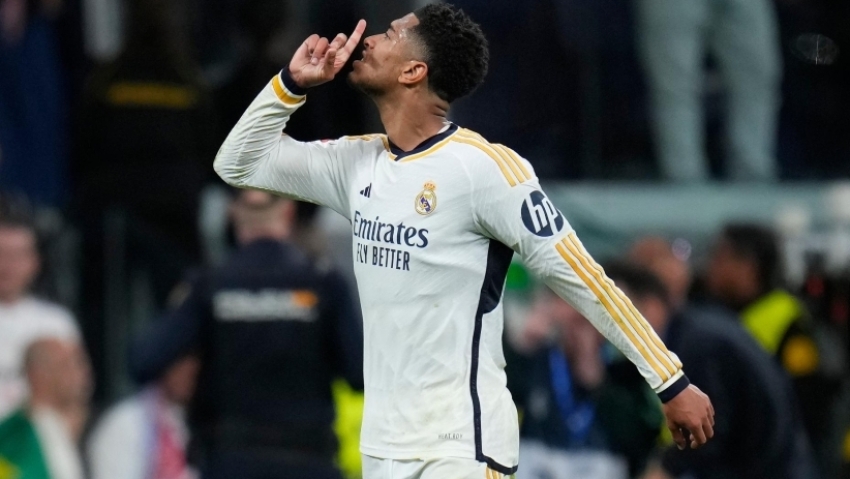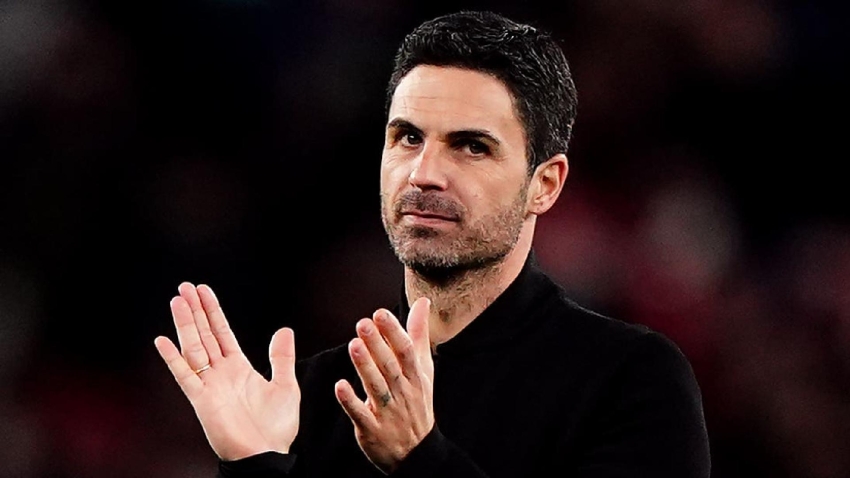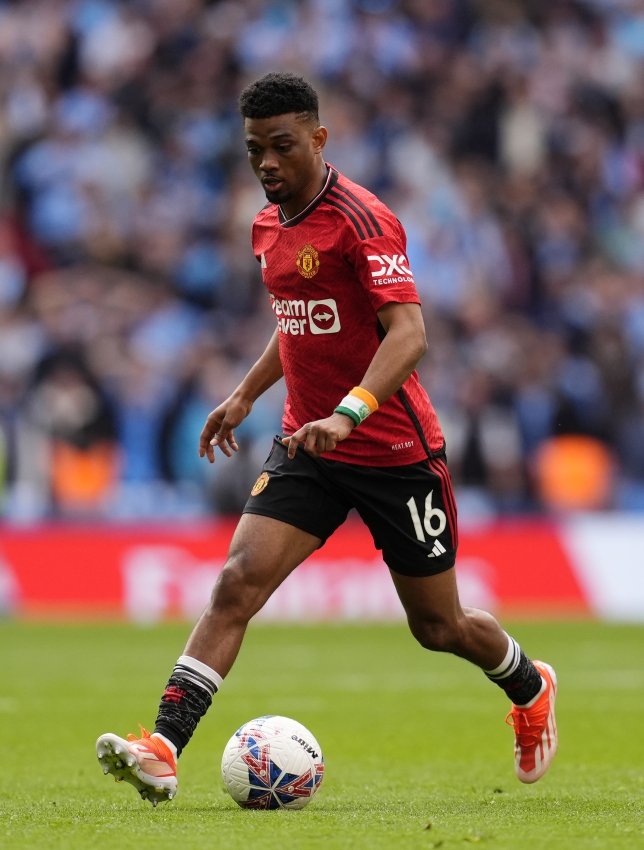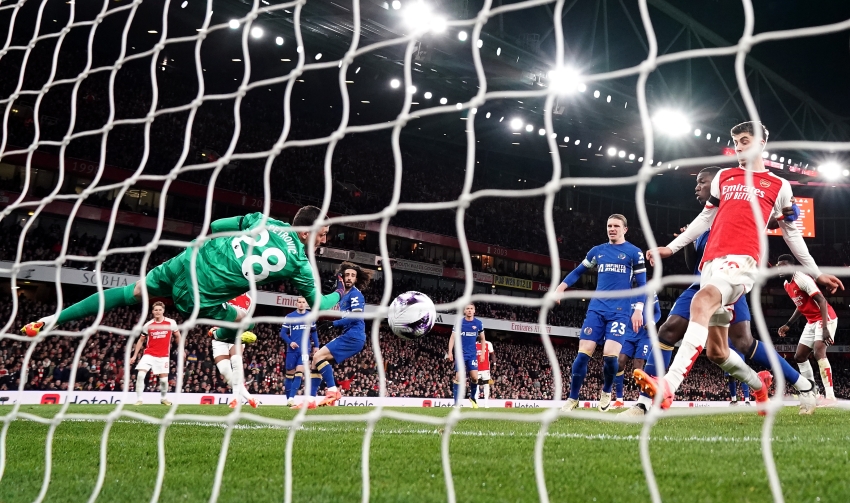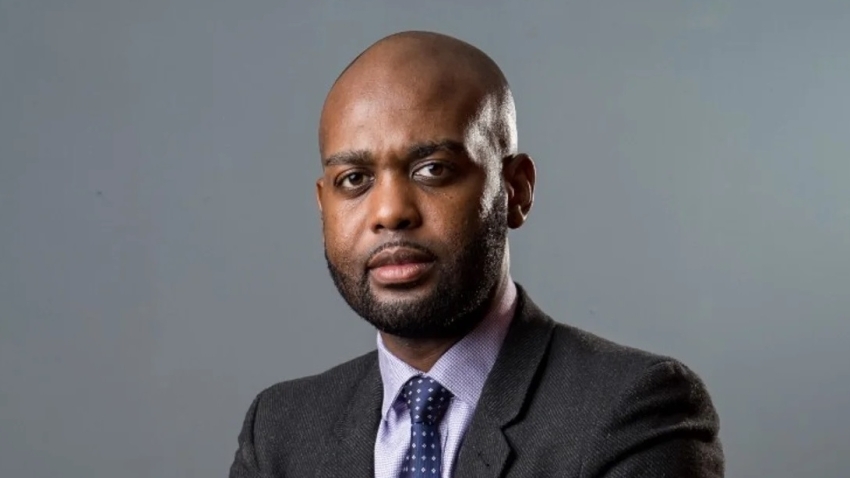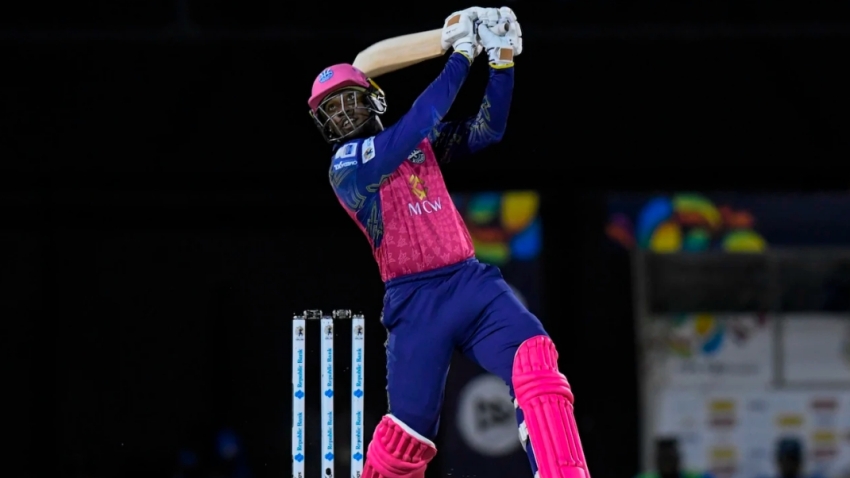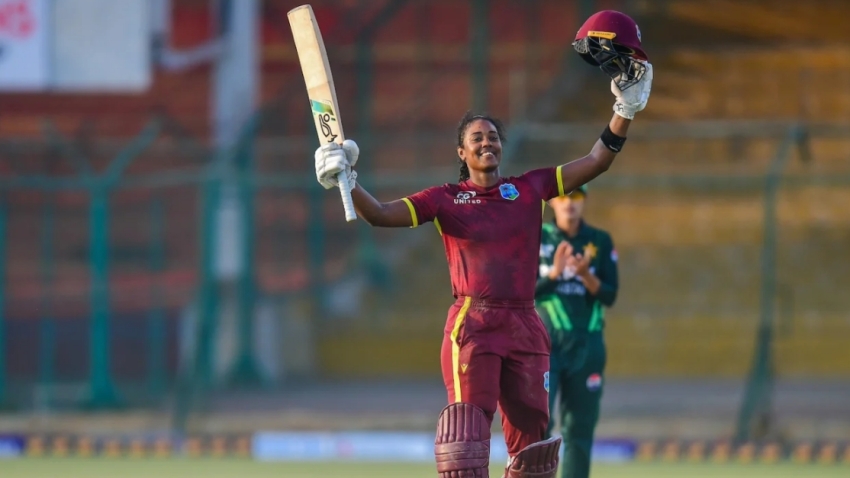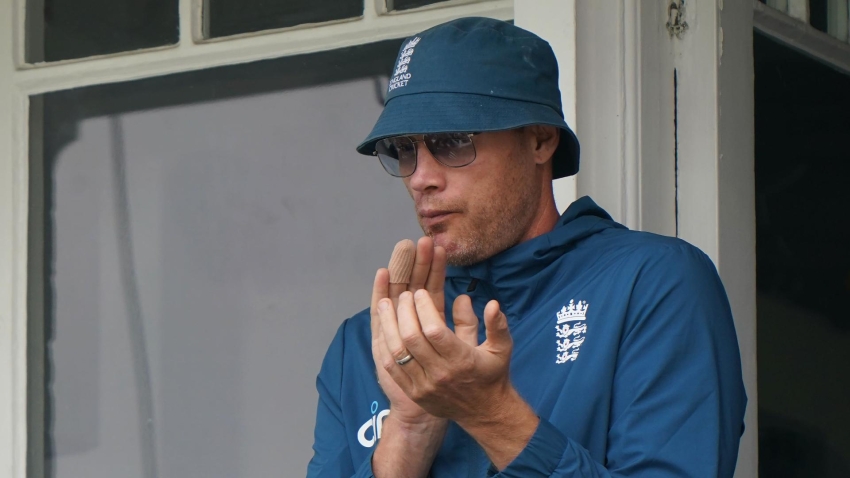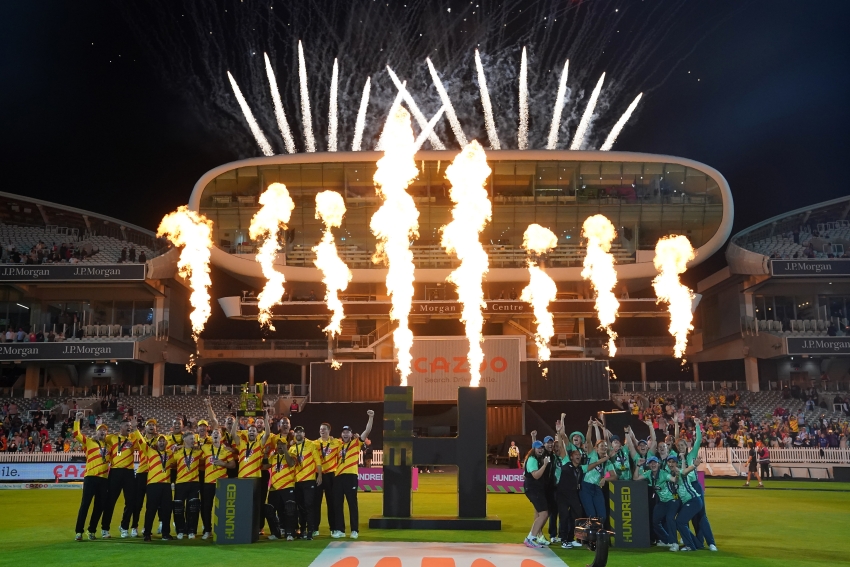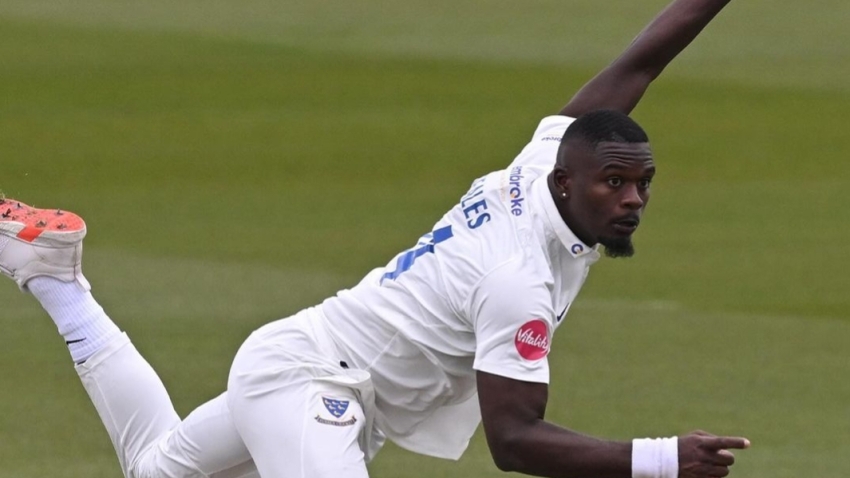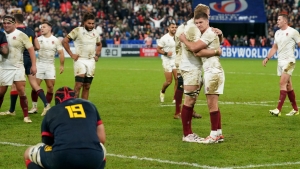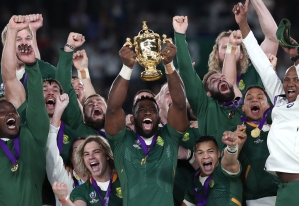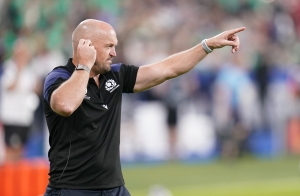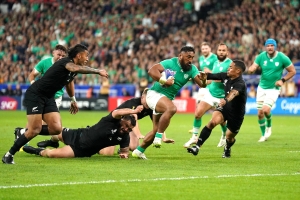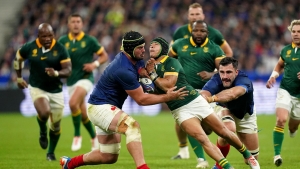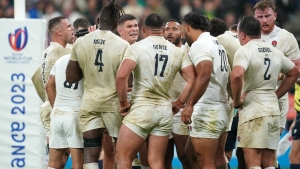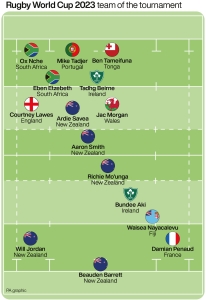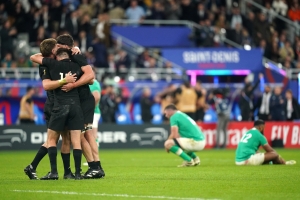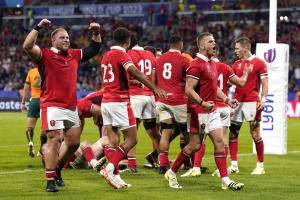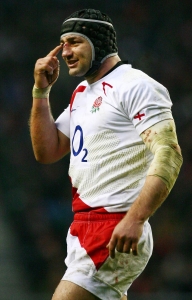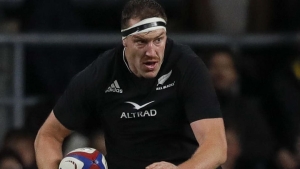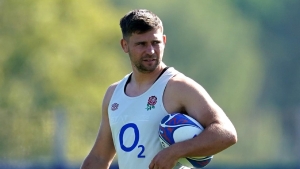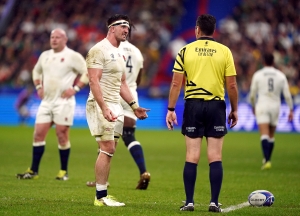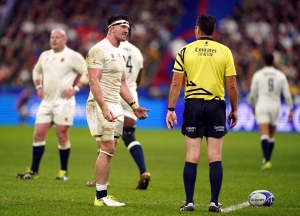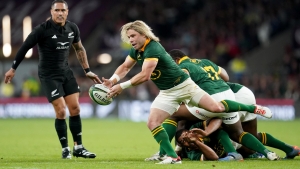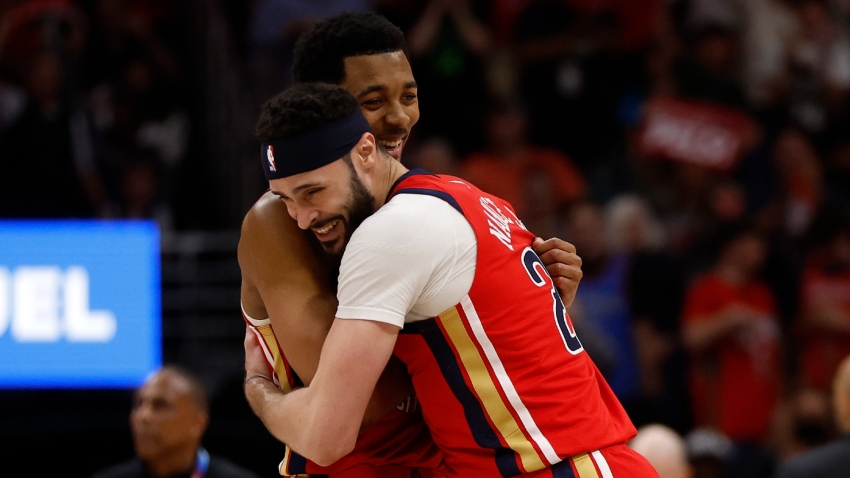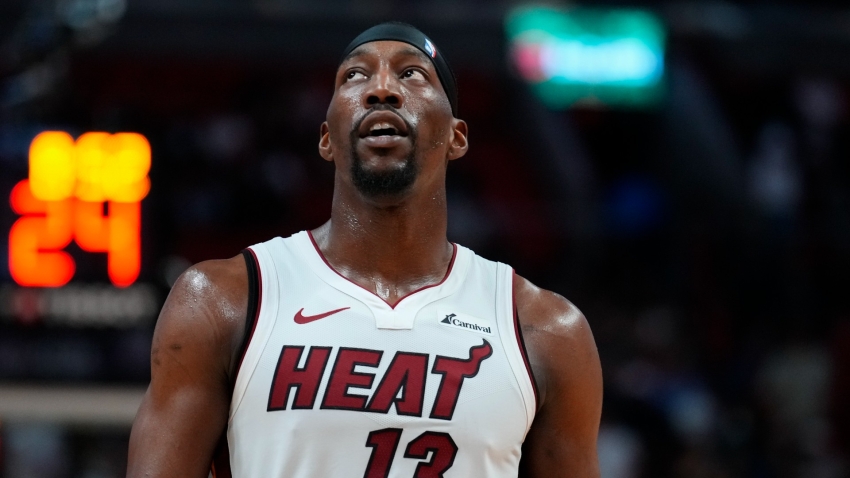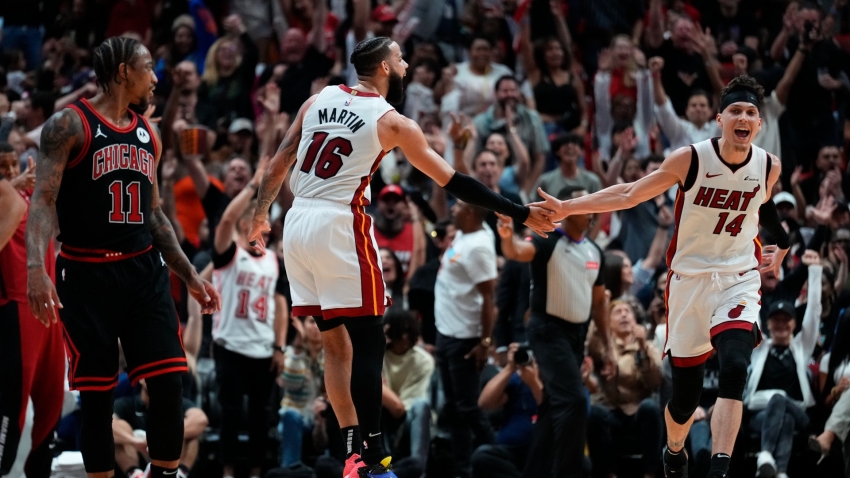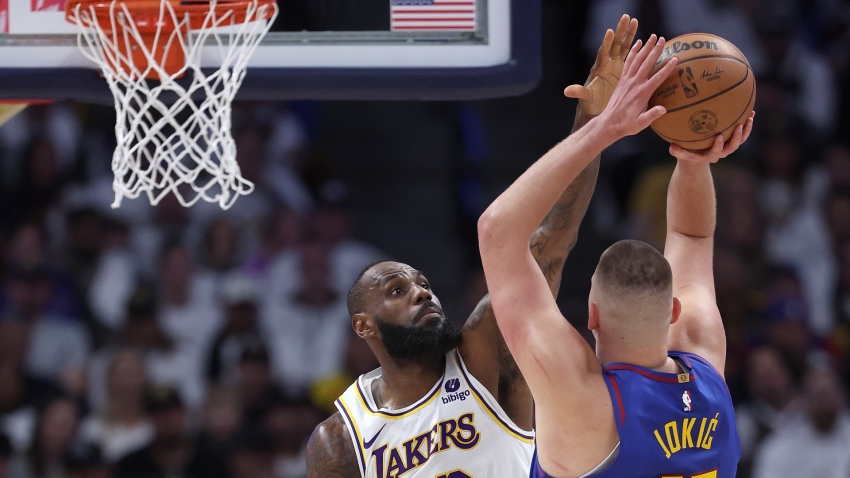Maro Itoje has praised Tom Curry’s courage in making his allegation of racist abuse against Mbongeni Mbonambi as England attacked World Rugby for failing to allow the “victim to have his voice heard”.
Curry claimed to referee Ben O’Keeffe in the first half of Saturday’s World Cup semi-final defeat by South Africa that he had been called a “white c***” by Springboks hooker Mbonambi.
The Rugby Football Union subsequently disclosed to the inquiry that Curry “had also been the victim of the same abuse, from the same player” when the rivals clashed at Twickenham in November.
A statement released by SA Rugby on Friday afternoon revealed that Mbonambi “denied the allegations from the outset” – the first time his innocence had been voiced in public – and World Rugby has closed its investigation into both claims due to insufficient evidence.
With the matter unresolved, a cloud hangs over each player heading into the final weekend of the World Cup and England head coach Steve Borthwick has joined the RFU in condemning the outcome of the inquiry.
The focus of their anger is that the case will not be heard by an independent disciplinary hearing.
“The RFU expressed great disappointment at World Rugby’s decision and that bitter disappointment is shared by Tom, his teammates, the management and everyone associated with this team,” Borthwick said.
“Let’s be clear – Tom Curry has done nothing wrong. Somebody has said something to Tom Curry, Tom’s reported it.
“By making this decision World Rugby has denied the victim of the situation – Tom Curry – to have his voice heard. That’s where the disappointment really comes in.”
The saga has overshadowed the build-up to Friday’s bronze final between England and Argentina and the final between New Zealand and South Africa 24 hours later.
Curry will win his 50th cap when he lines up against the Pumas, despite being subjected to extensive online abuse since his allegation against Mbonambi was picked up by the ref mic during the 16-15 defeat by the world champions.
Itoje revealed that England have rallied around the Sale flanker, who has been thrust into the eye of the storm.
“Tom is the innocent party in this respect – as Steve said he has done nothing wrong and he is the victim of the situation. For him to have this abuse is disgraceful,” Itoje said.
“Tom has been tremendous. He’s been courageous to do what he’s done in the manner he’s done it, through proper channels, conducting himself in the manner he should be proud of.
“Definitely as teammates, we are proud of him. To do that isn’t easy. To make a statement like that isn’t easy. To call out stuff like that isn’t easy.
“As you’ve seen this week, when you do something courageous like that, you put yourself out there. He’s been absolutely fantastic in that regard.
“In terms of how we’ve tried to support him, we’ve just tried to be there for him in any way he needs. If he needs to talk about anything, we are always there for him.
“But he’s a strong man, he has a strong personality, a strong will, and he’s been great throughout the week.”
Mbonambi starts the World Cup final against New Zealand after being picked in the front row as the only established hooker in South Africa’s squad.
Springboks captain Siya Kolisi revealed that he has been in contact with Curry to show his support in response to the online witch-hunt to which the Sale flanker has been subjected.
“I have spoken to him, I sent him a message. He is someone I respect,” Kolisi said.
“We can take it as players, when it comes to you it’s fine, but when families are involved it’s different. I have let him know we are supporting him, we are thinking of him.”


